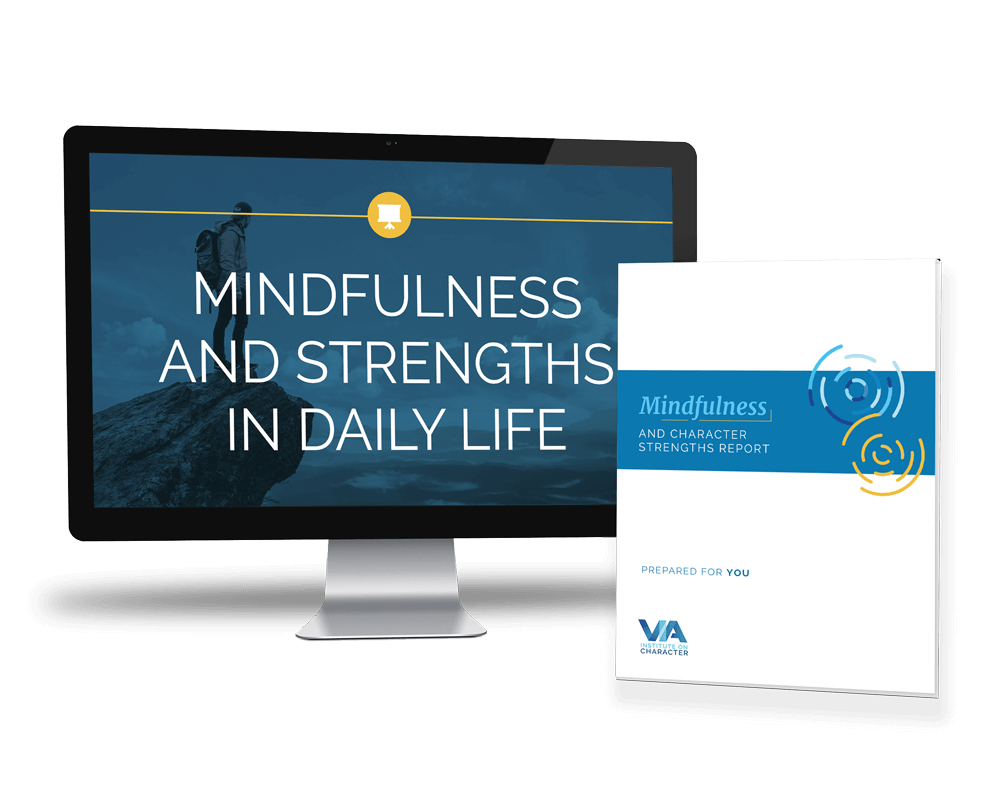Amy, Sally’s coaching client, called to say she could not make the appointment. As a hospital administrator at a time of pandemic, there was no time for a call. Sally expressed concern and offered to just take a few minutes for a check. Amy reluctantly agreed.
Sally was tempted to give advice or suggest ways for Amy to calm down. Instead, by using her strength of curiosity, she was able to curb her enthusiasm (zest) and inclination to help (kindness) and asked, “what is most helpful to you to talk about now?”
Amy answered immediately, “can you share with me the ways you or your other clients decompress and build resilience?”
Sally again suppressed the urge to give advice (judgment) and again leaning on curiosity asked, “what has worked for you in the past?” She was determined to persevere with helping Amy explore her own pathways to resilience as she was much more likely to implement those than anything Sally suggested directly (teamwork, judgment, perspective).
Amy paused, took two deep breaths and a list flowed forth:
- Being in nature
- Walking/exercising/swimming
- Music
- Meditation – she remembered she has an app she likes that she has not used in a while
- Poetry reading – she remembered that she has a big book of poetry that was given to her as a birthday present.
- Planning something nice for the future – maybe a trip to a favorite place.
Sally, the coach continued in a calm soft tone: “So what has happened in the last few days?”
Amy responded, “I cannot go to the gym because it is closed which also means no swimming. I have not been outside because the weather has been bad, and I am getting home too late anyway. I have not meditated in a long time – I really want to get back to that it is so beneficial. And with everything going on at the hospital, I don’t have time to plan a trip or listen to music.”
Sally paused to see if there were more thoughts, and hearing none asked her next question, “what are some options?”
Amy barely took a breath before responding. “Well,” she said, "as I am talking it occurs to me that I can play music on my drive to and from work. The weather is supposed to get better starting tomorrow, so I can plan to walk at lunchtime. If I cannot get out, I will use my meditation app to do a five-minute meditation. And I can read a page of poetry before bed.” She sighed. “Wow, it is really quite easy now I come to think about it. With plan (prudence) I can make sure I take a few breaks” “What about the trip? Where do you want to go?” Sally asked. Before too long Amy was describing her dream vacation in Bali. She was picturing the sights and imagining the sounds. She was thinking about the food she would eat and the activities she would enjoy.
As the conversation drew to a close, Sally asked, “how do you feel now?”
Amy replied, “I feel SO much better! My head is clearer, my mind is more focused, my mood has lifted, I have a plan for ways to help myself in the coming days. I feel great! I am so grateful that we talked and I am hopeful that I will be able to manage my energy more effectively over the next few days and weeks. It also occurred to me that although things are crazy right now, they are all focused on one thing – managing this one crisis. Everyday distractions and day to day issues are not relevant, so in a funny kind of way I am actually feeling more productive and more fulfilled than usual. I want to remember that!”
Sally asked one final question. “What did you learn today?”
Amy answered, “I learned that taking this timeout for myself was not a luxury I could not afford, it is a necessity that will help me be more effective (perspective). When can we schedule our next coaching session?”
Personal timeouts during times of stress are not luxuries they are necessities. They help us focus, reset, identify priorities, make better decisions and feel better. And when we feel better, we are more able to be the person we want to be!
Here are some questions for you to consider as you plan your time over the next few days and weeks:
- What is one personal practice you will maintain?
- How do you feel when you maintain that practice?
- Who is someone you can explore options with?
- How can you help someone else explore their options for self-care?


